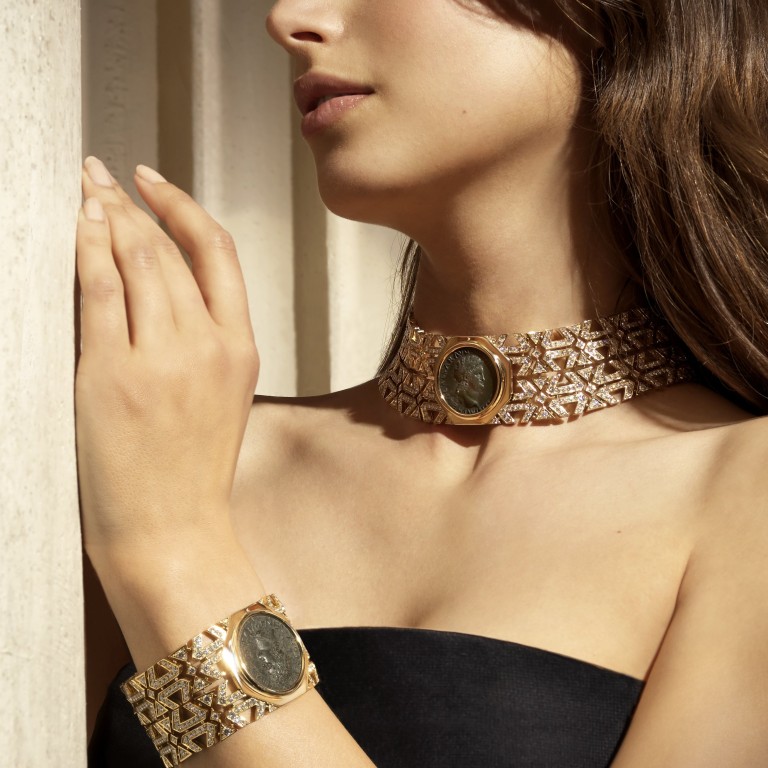A WOMAN has revealed the common scam that affects tourists staying at holiday resorts - and how to avoid being caught out. One woman, who works as a travel agent, warned on a Facebook group about an interaction she had with a local after leaving her hotel resort. 3 Tourists have warned of a popular holiday scam affecting Brits at all-inclusive resorts Credit: Alamy 3 One woman was staying at a hotel in Tunisa when it happened to her Credit: Alamy She wrote: "He greeted us enthusiastically and asked if we remembered him.
" Saying the name of the hotel, he claimed to be their waiter the night before. He said to them: "I served you last night at dinner. Don't you remember?" However, she later explained how they were conned into a 'cheaper tour' by him, as well as taken to his friends shops and intimidated into buying things.

Read more on travel scams HOL'D ON The travel scams that cost Brits thousands each year - and how to avoid them HOL NO Travel expert warns of scary holiday scam which could see you out of pocket They then realised that he was never a staff worker, but pretended to be by knowing their hotel from their wristband, which are often given to tourists staying at all-inclusive resorts. She warned on the Facebook group: "Always turn your wristband inside out when leaving the hotel. "Scammers use them to target tourists and overcharge you.
"Each hotel has different coloured bands, so these scammers know exactly where you 're staying." Most read in News Travel LEAFY GREEN New £7.5million National Forest to be created in the UK - the first in 30 years SMART MOVE I live in world’s cheapest hols hotspot.
.. rent's £200 & I only work 4 hours a day WINS & NEEDLES Inside US city loved by music & sports fans - and foodies will adore it too ALL LAVA IT Unusual theme park based on volcanoes is just two hours from the UK While the issue took place in Tunisia, this is likely to happen at other destinations as well.
Having recently been on a trip myself to Cape Verde, I also noticed this trend. [bc_video account_id="5067014667001" application_id="" aspect_ratio="16:9" autoplay="" caption="Insider tips to avoid tourist traps and scams on your next holiday " embed="in-page" experience_id="" height="100%" language_detection="" max_height="360px" max_width="640px" min_width="0px" mute="" padding_top="56%" picture_in_picture="" player_id="default" playlist_id="" playsinline="" sizing="responsive" video_id="6350521755112" video_ids="" width="640px"] After arriving in one of the towns, a man came up next to us saying he "say us at the hotel" the night before, before trying to entice us to the shop. It was only later I realised that my wristband was on full show.
The travel agent ended by giving top tips from the hotel staff on the group. Others shared their stories of it happening in other destinations too. One man who was on holiday in Cancun said: "My wife and I were out and about when a fairly well dressed man walked up all smiles saying “Hey I know you guys from the (resort) how’s it going? Remember me? I was your server” and tried to start making small talk, asking how my stay was.
"He was trying to see if we were going out drinking, saying he knew some cool places." Another wrote: "The locals basically have the wrist bands memorized." One commented: "Amazing how quickly that scam stopped when I covered my wristband.
" Read more on the Scottish Sun LEGEND'S VOW I'm nearly 80 and toured for 60 years - I'd rather die on stage than retire 'SHOCK' Customers fear they've lost thousands as Scots tourist attraction closes suddenly How to protect yourself from scams BY keeping these tips in mind, you can avoid getting caught up in a scam: Firstly, remember that if something seems too good to be true, it normally is. Check brands are "verified" on Facebook and Twitter pages - this means the company will have a blue tick on its profile. Look for grammatical and spelling errors; fraudsters are notoriously bad at writing proper English.
If you receive a message from a “friend” informing you of a freebie, consider whether it’s written in your friend’s normal style. If you’re invited to click on a URL, hover over the link to see the address it will take you to – does it look genuine? To be on the really safe side, don’t click on unsolicited links in messages, even if they appear to come from a trusted contact. Be careful when opening email attachments too.
Fraudsters are increasingly attaching files, usually PDFs or spreadsheets, which contain dangerous malware. If you receive a suspicious message then report it to the company, block the sender and delete it. If you think you've fallen for a scam, report it to Action Fraud on 0300 123 2040 or use its online fraud reporting tool .
Here is another holiday scam to be aware of this summer . And we've explained everything you need to know about a common jewellery scam abroad. 3 Flip the wristband to avoid the problems with scammers Credit: Alamy.
















